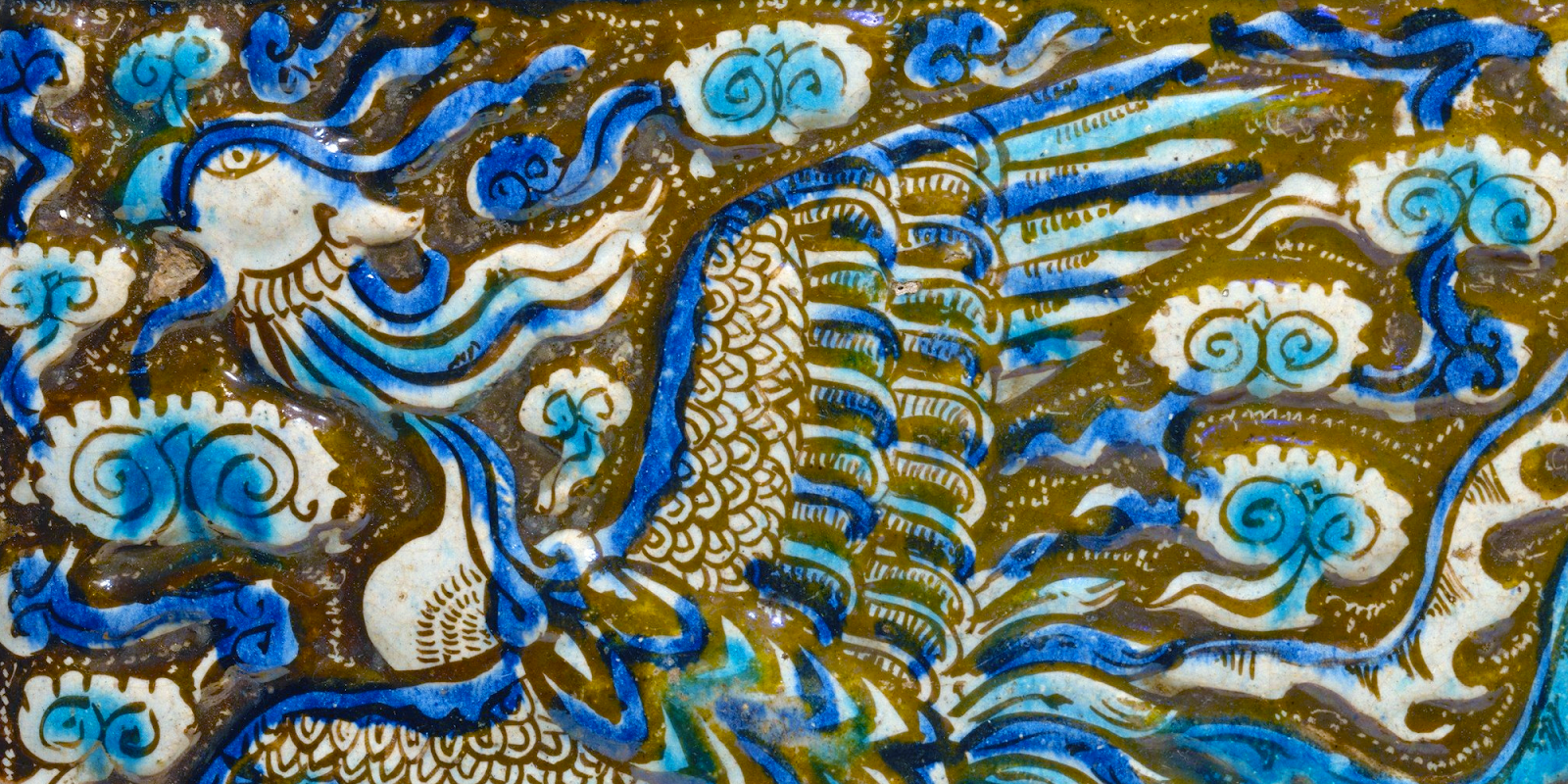The Ottoman Empire and Eastern World Orders
hosted by Zeinab Azarbadegan
| What did the international system look like before the rise of the West? What was the place of the Ottomans within it? How did the Ottomans claimed sovereignty and recognition from other states in the sixteenth century world order? In this episode Ayşe Zarakol discusses the rise and fall of Eastern world orders from the Mongol times to the mid-eighteenth century. She critically interrogates both Euro-centric and Sino-centric histories of international relations in order to emphasise the Chingisid universal claims and their evolution throughout the centuries. Considering the Ottomans within this longue duree history, Zarakol emphasises the notion of millenial sovereignty that put the Ottomans in competition with the Safavids and the Mughals and how the crisis of the seventeenth century dismantled this world order and contributed to a sense of decline.

 | Click for RSS Feed | 
|

|
What did the international system look like before the rise of the West? What was the place of the Ottomans within it? How did the Ottomans claimed sovereignty and recognition from other states in the sixteenth century world order? In this episode Ayşe Zarakol discusses the rise and fall of Eastern world orders from the Mongol times to the mid-eighteenth century. She critically interrogates both Euro-centric and Sino-centric histories of international relations in order to emphasise the Chingisid universal claims and their evolution throughout the centuries. Considering the Ottomans within this longue duree history, Zarakol emphasises the notion of millenial sovereignty that put the Ottomans in competition with the Safavids and the Mughals and how the crisis of the seventeenth century dismantled this world order and contributed to a sense of decline.
Stream via SoundCloud
Contributor Bios
 |
Ayşe Zarakol is Professor of International Relations at the University of Cambridge and a Fellow of Emmanuel College. In addition to Before the West: the Rise and Fall of Eastern World Orders (Cambridge University Press, 2022), Zarakol is the author of After Defeat: How the East Learned to Live with the West (Cambridge University Press, 2022) and the editor of Hierarchies in World Politics (Cambridge University Press, 2018). |
 |
Zeinab Azarbadegan is a British Academy Postdoctoral Fellow at the London School of Economics and Political Science (LSE). Her research focuses on the intersection of inter-imperial relations and history of science, technology, and medicine, in nineteenth century Ottoman Iraq |
Credits
Episode No. 545
Release Date: 20 May 2023
Sound production by Zeinab Azarbadegan and Chris Gratien
Music: Monsieur Doumani - The System, Nima Janmohammadi - Dastgah Shur
Images and bibliography courtesy of Ayşe Zarakol
Release Date: 20 May 2023
Sound production by Zeinab Azarbadegan and Chris Gratien
Music: Monsieur Doumani - The System, Nima Janmohammadi - Dastgah Shur
Images and bibliography courtesy of Ayşe Zarakol
Further Listening
 |
Nicholas Morton | 546
5/26/23
|
The Mongols and the Medieval Near East |
 |
Joshua White, Zoe Griffith, Sara Nur Yıldız, Neelam Khoja | 486
12/28/20
|
The Making of the Islamic World
|
 |
Sara Nur Yıldız | 186
3/13/15
|
New Perspectives on Medieval Anatolia |
 |
Ronit Yoeli-Tlalim | 336
11/4/17
|
Medicine Along the Musk Route |
 |
Monica Green | 512
8/26/21
|
Rewriting the Black Death |
 |
Hüseyin Yılmaz | 444
1/11/20
|
The Mystical Turn in Ottoman Political Thought |
Images



Select Bibliography
Baumann, Brian. 2013. ‘By the Power of Eternal Heaven: The Meaning of Tenggeri to the Government of the Pre-Buddhist Mongols’. Extrême- Orient Extrême-Occident 35: 233–84.
Biran, Michal. 2007. Chinggis Khan. Oneworld Publications.
Brook, Timothy. 2019. Great State: China and the world. Profile.
Burak, Guy. 2013. ‘The Second Formation of Islamic Law: The Post-Mongol Context of the Ottoman Adoption of a School of Law’. Comparative Studies in Society and History 55(3): 579–602.
Collins, Randall. 1985. ‘The Mega-Historians’. Sociological Theory 3(1): 114–22.
Dunlop, Anne, editor. 2023. The Mongol Empire in Global History and Art History. Harvard University Press.
Fleischer, Cornell. 2018. ‘A Mediterranean Apocalypse: Prophecies of Empire in the Fifteenth and Sixteenth Centuries’. Journal of Economic and Social History of the Orient 61(1–2): 18–90.
Fletcher, Joseph. 1986. ‘The Mongols: Ecological and Social Perspectives’. Harvard Journal of Asiatic Studies 46(1): 11–50.
Goldstone, Jack A. 1988. ‘East and West in the Seventeenth Century: Political Crises in Stuart England, Ottoman Turkey, and Ming China’. Comparative Studies in Society and History 30(1): 103–42.
Halperin, Charles J. 1987. Russia and the Golden Horde: The Mongol Impact on Medieval Russian History. Indiana University Press.
Hobson, John M. 2009. ‘Provincializing Westphalia: The Eastern Origins of Sovereignty’. International Politics 46(6): 671–90.
Melvin-Koushki, Matthew. 2016. ‘Astrology, Lettrism, Geomancy: The Occult-Scientific Methods of Post-Mongol Islamicate Imperialism’. Medieval History Journal 19(1): 142–50.
Moin, Azfar. 2012. The Millennial Sovereign. Columbia University Press.
Moin, A. Azfar and Alan Strathern, editors. 2022. Sacred Kingship in World History Between Immanence and Transcendence. Columbia University Press.
Necipoglu,Gülru.1989.’Süleyman the Magnificent and the Representation of Power in the Context of Ottoman-Hapsburg-Papal Rivalry’. Art Bulletin 71(3): 401–27.
Parker, Geoffrey. 2013. Global Crisis: War, Climate Change and Catastrophe in the Seventeenth Century. Yale University Press.
Robinson, David M. 2019. Ming China and Its Allies. Cambridge University Press.
Sneath, David. 2007. The Headless State. Columbia University Press.











Comments
Post a Comment
Due to an overwhelming amount of spam, we no longer read comments submitted to the blog.